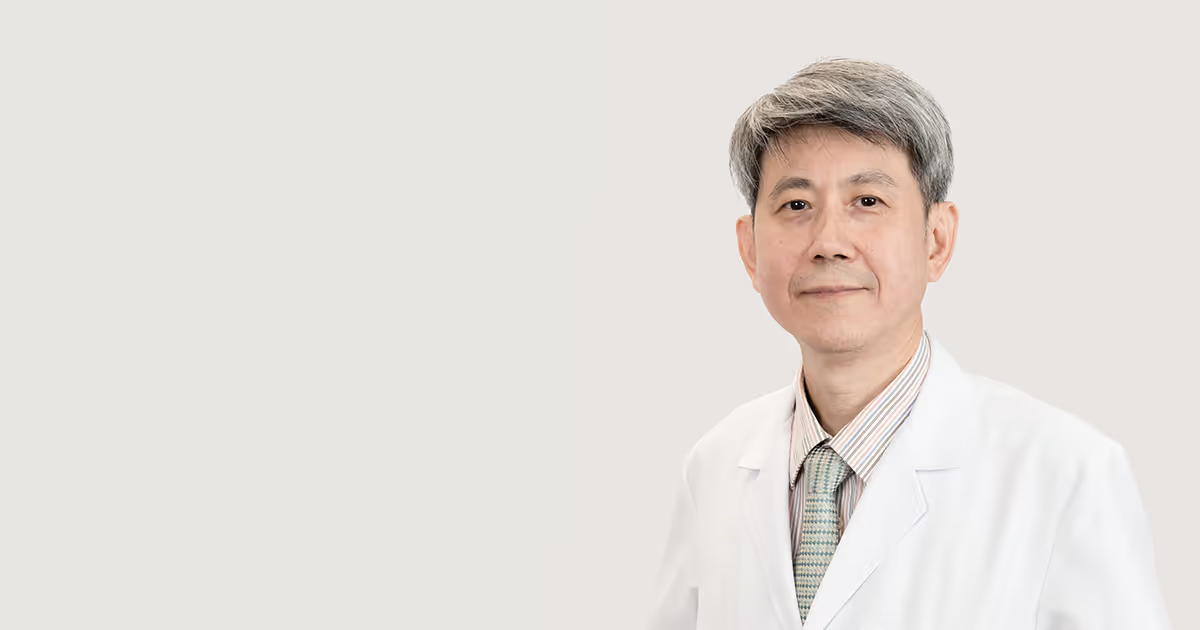Dr Bundit Suntornlekha
A surgeon specializing in Minimally Invasive Surgery
Dr Bundit Suntornlekha is a surgeon specializing in Minimally Invasive Surgery (MIS). He is an early pioneer in Thailand who studied, trained, and adopted laparoscopic, minimally invasive surgery. With over 30 years of experiences, he is now a virtuoso in utilizing and harnessing this technology for major intraabdominal surgery.
After graduated from the Faculty of Medicine, Chiang Mai University, Dr. Bundit furthered his professional training in surgery under the tutelage of a professor who was pioneering the use of MIS in Thailand. Starting from an assistant surgeon, he rode to become primary MIS surgeon which requires not only surgical mastery, but also thorough understanding, and skillful harnessing of MIS tools and technology.
With his experience, expertise and passion in the arts and science of surgery, Dr. Bundit is one of a handful of surgeons who performs MIS using absorbable sutures for internal wound closure so that nothing is left behind in the body of patients. In cholecystectomy, for example, metallic surgical clips are often used to control bleeding vessels, but they may become dislodged and migrate into a bile duct forming a nidus for gallstones formation which requires another operation for removal.
For each MIS, surgeon must carefully consider and anticipate complications during and after the surgery to prevent or mitigate the risks of complications. The teamwork among specialty doctors, anesthesiologists, nurses, and all relevant healthcare personnel can help achieving close personal care and satisfactory surgical outcome.
“Each patient is different. Doctor must thoroughly scrutinize each case for precision and successful treatments. Collaboration is crucial because each operation requires a multidisciplinary team of anesthesiologists, nurses, radiologists, and other specialty doctors. Surgery is akin to playing soccer, each player must be skillful and know the next move of a teammate. To have good surgery, we must know how to coordinate and collaborate toward the shared patient’s safety goal.”
Moreover, surgeons must incessantly keep on learning because there will always be new advancement in technology and diseases are becoming more complex. Dr Bundit believes that robot-assisted surgical technology is necessary in the future as it can provide a greater precision and patients’ safety. Surgery can be less taxing, and surgeons will have more time for other patients.

